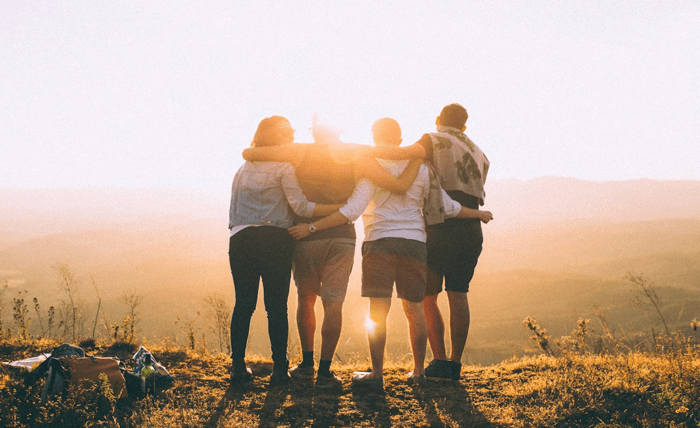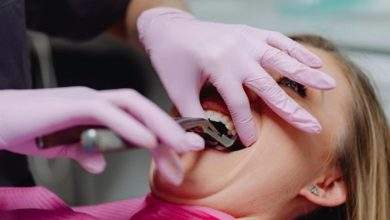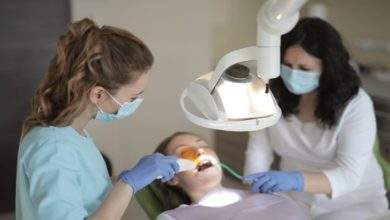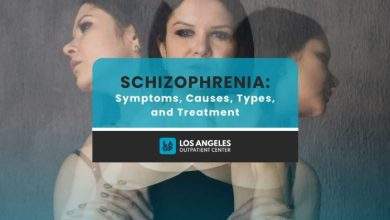
Trying to beat addiction alone is like climbing Everest without oxygen.
You’ll probably make it in a few steps. Maybe even get halfway up. But eventually? You’re going to fall. Hard.
Community support changes everything.
When you’re fighting addiction, everyone wants to give you advice. “Just stop.” “Have more willpower.” “Think positive thoughts.” But here’s what actually helps…
Real support from people who get it.
What you’ll discover:
- Why Going Solo Is A Recipe For Disaster
- The Research That Proves Community Support Works
- 4x Types of Support That Actually Make A Difference
- How To Find Your Recovery Squad
- Building Success That Lasts
Why Going Solo Is A Recipe For Disaster
Here’s something that might shock you…
Relapse rates for addiction treatment hover between 40-60%. That’s more than half of people trying to get clean.
But here’s where it gets interesting. The biggest predictor of relapse? Isolation.
People who try to white-knuckle their way through recovery alone are fighting an uphill battle. It’s like trying to build a house with your bare hands when you could be using power tools.
The truth is simple: addiction feeds on isolation.
It thrives when you’re alone with your thoughts. When shame takes over. When you think you’re the only person who’s ever struggled this way.
Community support flips the script. It shows you that recovery isn’t just possible — it’s happening all around you.
Connect with people who understand your journey, and something incredible happens. You realize your struggles aren’t weird. Your feelings make sense. And your goals? They’re absolutely achievable.
The Research That Proves Community Support Works
Let’s break down the numbers for you…
According to the CDC, 75% of people recover from addiction. That’s the good news.
Here’s where it gets really interesting. Among the 22.3 million Americans in recovery, 17% successfully recovered through support services. We’re talking faith-based programs, community recovery centers, and peer support groups.
But the real game-changer? Peer support programs. Studies show 86% of participants in peer support programs showed abstinence at 6-month follow-up.
That’s significantly higher than going it alone. Organizations like Red Ribbon Recovery Indiana have seen these success rates firsthand through their comprehensive addiction recovery services.
Here’s what makes community support so powerful:
Accountability That Actually Works Your recovery community holds you accountable without making you feel like garbage. They get where you’re coming from because they’ve been there too.
Shared War Stories When someone talks about their rock bottom, you don’t feel so alone anymore. Shame loses its power when you realize other people have similar stories.
Practical Help When You Need It Need a ride to a meeting? Someone’s got you. Having a tough day? Your support network is ready to help.
Living Proof Recovery Works Seeing people who’ve made it through gives you hope. It’s not theory — it’s real people living proof that recovery is possible.
4x Types of Support That Actually Make A Difference
Not all support is created equal. Here are the heavy hitters:
1. Peer Support Groups
These are groups where people with similar battles come together. Think Alcoholics Anonymous, Narcotics Anonymous, SMART Recovery.
The magic happens because everyone “gets it.” You don’t have to explain why you made certain choices. You don’t have to justify your past. Everyone in that room has walked a similar path.
2. Faith-Based Communities
For many people, spiritual community provides meaning and support wrapped into one. Faith-based recovery programs combine the power of community with spiritual practices.
This isn’t about religion being forced on you. It’s about finding purpose and direction through spiritual connection.
3. Recovery Community Centers
These facilities are built specifically for people in recovery. They offer support groups, educational programs, job training, and social activities.
The best part? They understand the unique challenges of addiction recovery. Every program is designed with your specific needs in mind.
4. Professional Support Teams
Therapists, counselors, case managers, addiction specialists. While they’re not peers, they become part of your extended support family.
They bring professional expertise to your recovery journey.
How To Find Your Recovery Squad
So how do you actually build this support network? Here’s where most people get stuck.
Step one: Admit you need help. Sounds obvious, but lots of people resist because they think needing help makes them weak.
Here’s the truth: Asking for help is a power move, not a weakness.
Once you’re ready, here are your options:
Start With Local Groups Look for support groups in your area. Most communities have AA, NA, or other groups that meet regularly. Google is your friend here.
Try Online Communities
Can’t find local support? Online recovery communities are everywhere. Perfect if you live in a rural area or have transportation issues.
Work With Specialized Services Addiction recovery services often have extensive networks and can help you find the perfect fit for your situation.
Don’t Quit After One Bad Experience Not every group will click with you. Some are formal, others casual. Some are huge, others intimate. Keep trying until you find your people.
Building Success That Lasts
Here’s what most people don’t realize: community support isn’t just helpful in early recovery. It’s essential for long-term success.
Recovery isn’t a destination you reach and then forget about. It’s an ongoing journey that requires ongoing fuel.
People who stay connected to their recovery community have much higher success rates for staying clean and sober long-term.
But community support does more than prevent relapse. It helps you build an entirely new life:
- Find friends who actually support your sobriety
- Discover hobbies and interests you forgot you had
- Build job skills and professional connections
- Develop leadership abilities by helping others
The key? Stay connected even when things are going well.
Here’s the mistake lots of people make: they drift away from their support community once they feel stable. But isolation is always a risk factor for relapse.
The Magic of Giving Back
One of the coolest things about the recovery community? It creates a cycle of support.
People who’ve been helped often become the helpers for newcomers.
This isn’t just feel-good stuff. Research backs it up. Studies show people who help others in their recovery actually strengthen their own sobriety in the process.
When you’re ready, here are ways to give back:
- Sponsor someone new to recovery
- Volunteer at a recovery center
- Share your story at meetings
- Mentor someone just starting their journey
Creating Your Support Network
Building a strong support network takes time and effort. But it’s one of the best investments you can make in your recovery.
Start by figuring out what types of support you need. Emotional support? Practical help? Accountability? Different people can provide different pieces of the puzzle.
Don’t put all your eggs in one basket. A strong support network includes multiple people and multiple types of support.
Turning The Corner
Community support in addiction recovery isn’t magic. It requires commitment, honesty, and stepping outside your comfort zone sometimes.
But for millions of people who’ve found lasting recovery through community support, it’s been life-changing. It’s the difference between fighting alone and having an entire team in your corner.
Recovery doesn’t have to be a solo mission. With the right community support, you get the strength, hope, and practical help you need to build a completely new life.
Don’t wait for the perfect moment. Start where you are, with what’s available.
Take a small step today. Find a support group meeting in your area and commit to attending. Or reach out to a recovery organization.
Remember, recovery is real and it’s possible. With the right support, you can join millions who have found freedom from addiction and built meaningful, fulfilling lives.
The power of community support in addiction recovery isn’t just about staying sober — it’s about discovering who you really are when you’re not fighting alone.




